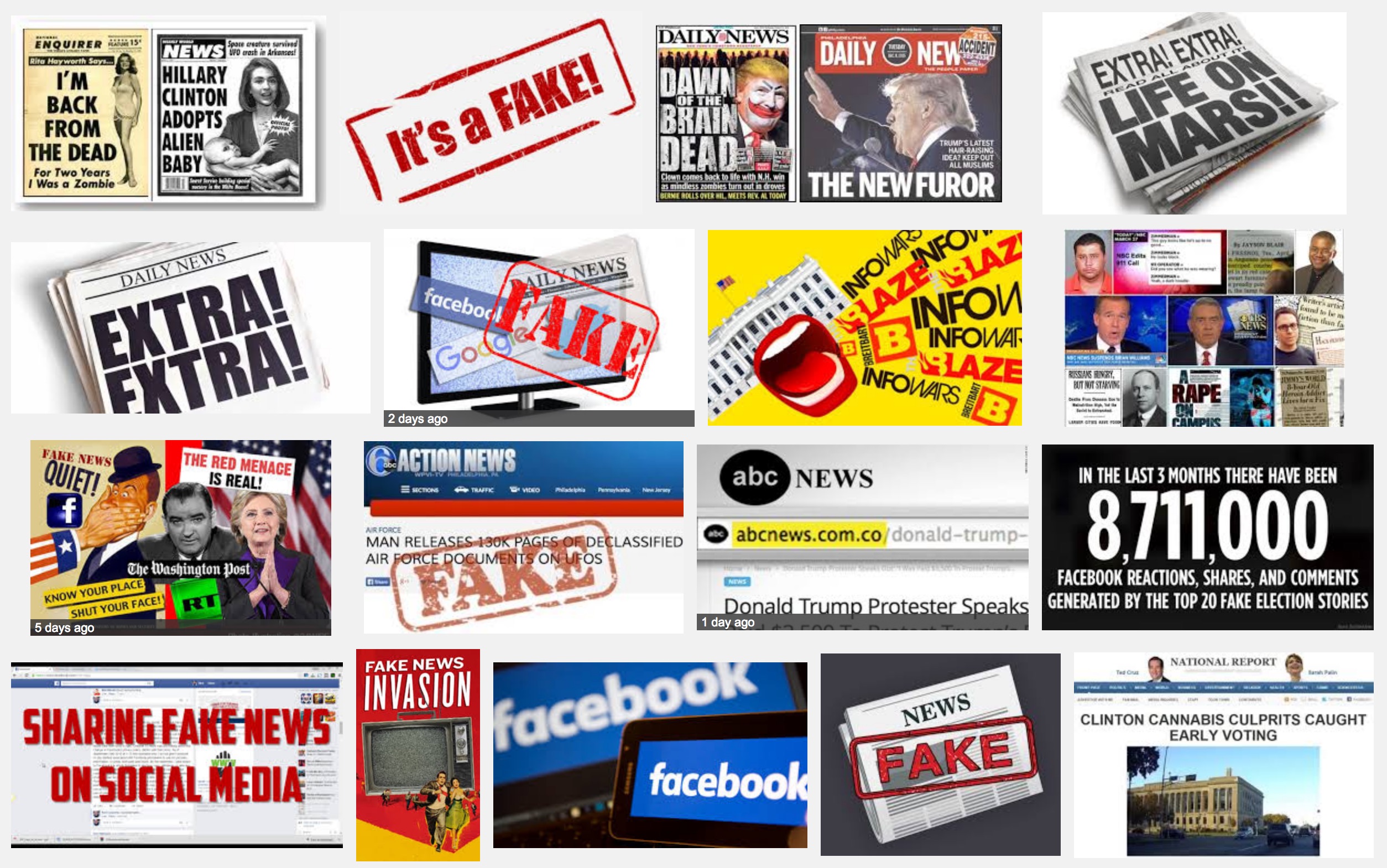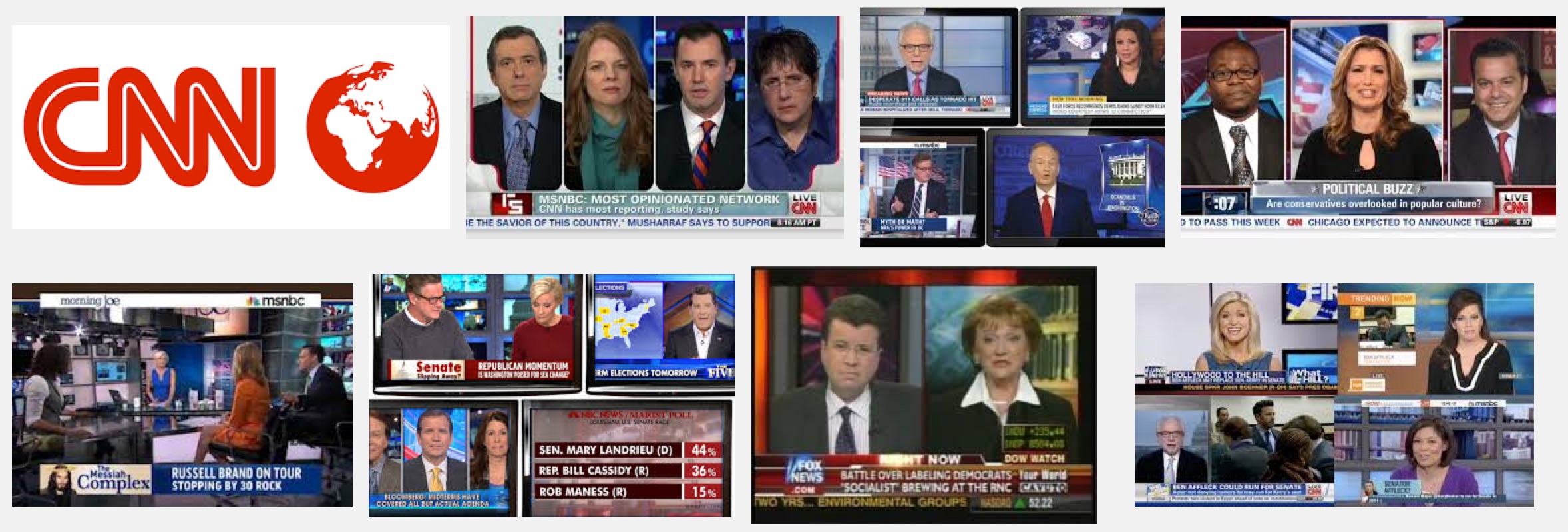 Should we blame the creative originators of fake news, conspiracy theories, disinformation and click-bait hype? Or, should we blame the media for disseminating, spinning and aggrandizing these stories for their own profit or political motives? Or, should we blame us — the witless consumers.
Should we blame the creative originators of fake news, conspiracy theories, disinformation and click-bait hype? Or, should we blame the media for disseminating, spinning and aggrandizing these stories for their own profit or political motives? Or, should we blame us — the witless consumers.
I subscribe to the opinion that all three constituencies share responsibility — it’s very much a symbiotic relationship.
James Warren chief media writer for Poynter has a different opinion; he lays the blame squarely at the feet of gullible and unquestioning citizens. He makes a very compelling argument.
Perhaps if any educated political scholars remain several hundred years from now, they’ll hold the US presidential election of 2016 as the culmination of a process where lazy stupidity triumphed over healthy skepticism and reason.
From Hive:
The rise of “fake news” inspires the press to uncover its many practitioners worldwide, discern its economics and herald the alleged guilt-ridden soul-searching by its greatest enablers, Facebook and Google.
But the media dances around another reality with the dexterity of Beyonce, Usher and septuagenarian Mick Jagger: the stupidity of a growing number of Americans.
So thanks to Neal Gabler for taking to Bill Moyers’ website to pen, “Who’s Really to Blame for Fake News.” (Moyers)
Fake news, of course, “is an assault on the very principle of truth itself: a way to upend the reference points by which mankind has long operated. You could say, without exaggeration, that fake news is actually an attempt to reverse the Enlightenment. And because a democracy relies on truth — which is why dystopian writers have always described how future oligarchs need to undermine it — fake news is an assault on democracy as well.”
Gabler is identified here as the author of five books, without mentioning any. Well, one is 1995’s Winchell: Gossip, Power and the Culture of Celebrity. It’s a superb look at Walter Winchell, the man who really invented the gossip column and wound up with a readership and radio audience of 50 million, or two-thirds of the then-population, as he helped create our modern media world of privacy-invading gossip and personal destruction as entertainment.
“What is truly horrifying is that fake news is not the manipulation of an unsuspecting public,” Gabler writes of our current mess. “Quite the opposite. It is willful belief by the public. In effect, the American people are accessories in their own disinformation campaign. That is our current situation, and it is no sure thing that either truth or democracy survives.”
Think of it. The goofy stories, the lies, the conspiracy theories that now routinely gain credibility among millions who can’t be bothered to read a newspaper or decent digital site and can’t differentiate between Breitbart and The New York Times. Ask all those pissed-off Trump loyalists in rural towns to name their two U.S. senators.
We love convincing ourselves of the strengths of democracy, including the inevitable collective wisdom setting us back on a right track if ever we go astray. And while the media may hold itself out as cultural anthropologists in explaining the “anger” or “frustration” of “real people,” as is the case after Donald Trump’s election victory, we won’t really underscore rampant illiteracy and incomprehension.
So read Gabler. “Above all else, fake news is a lazy person’s news. It provides passive entertainment, demanding nothing of us. And that is a major reason we now have a fake news president.”
Read the entire essay here.
Image: Artist’s conception of an alien spacecraft tractor-beaming a human victim. Courtesy: unknown artist, Wikipedia. Public Domain.



